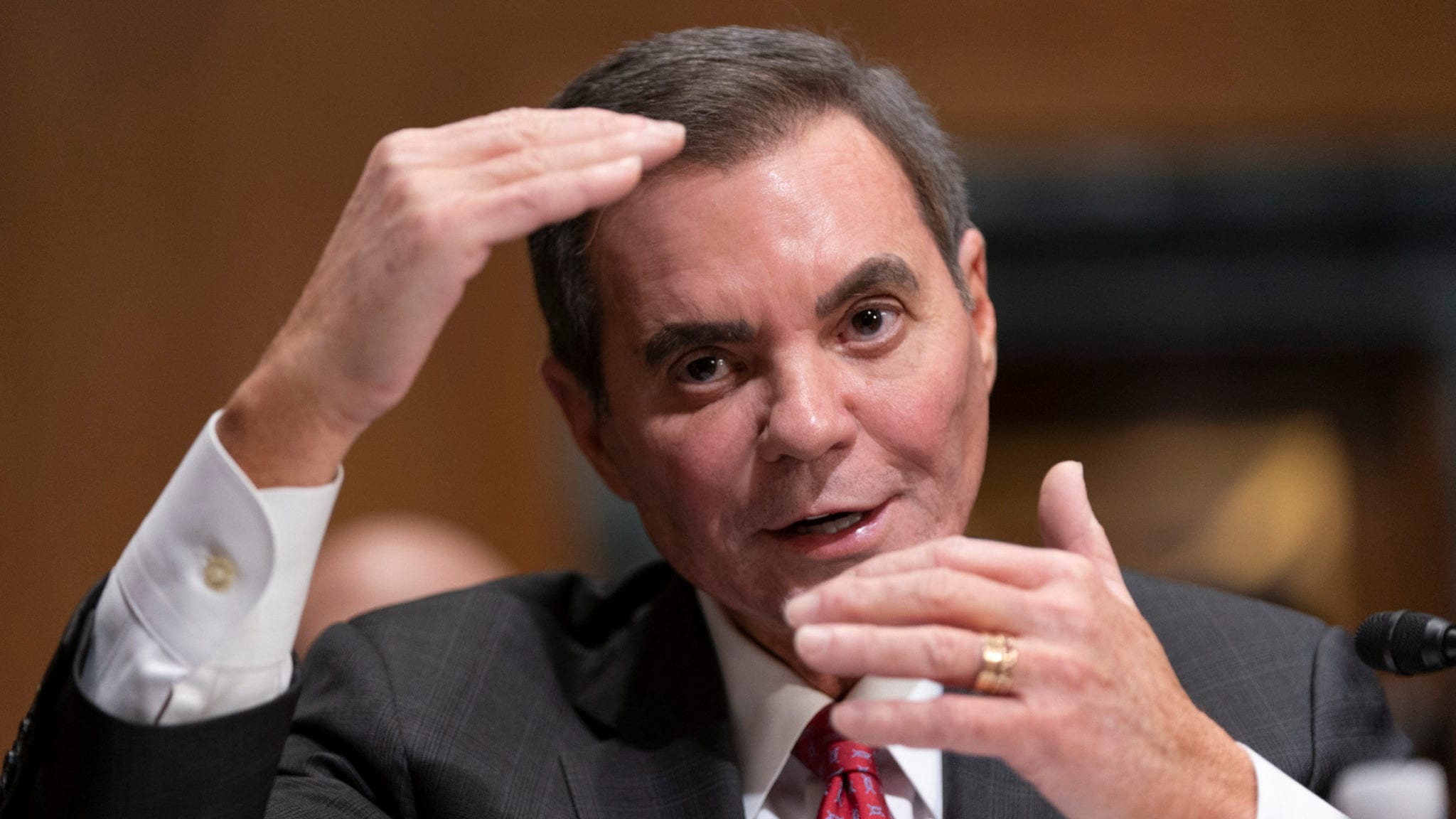
Richard Gonzalez, AbbVie CEO (AP Images)
AbbVie chases its next golden goose in a post-Humira future with new ulcerative colitis data for Rinvoq
Still bathing in the afterglow of its big-money acquisition of Allergan, AbbVie faces the dark cloud of a post-Humira future — and the deadline is …
Sign up to read this article for free.
Get free access to a limited number of articles, plus choose newsletters to get straight to your inbox.